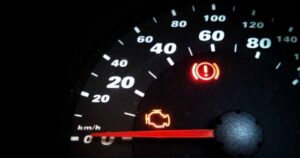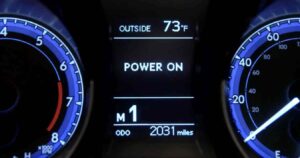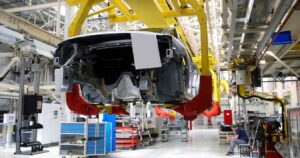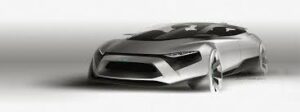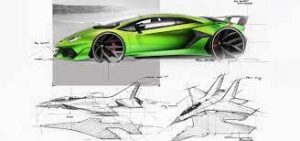Electric cars and petrol cars are two types of vehicles that are commonly used around the world.
While they both serve the same purpose of providing transportation, they have several key differences in terms of their power source, emissions, fuel efficiency, performance, cost, range, and refueling.
In this article, we will explore these differences in more detail and discuss the pros and cons of each type of car.
Table of Contents
ToggleElectric Cars
Electric cars are vehicles that are powered by electricity, rather than gasoline or diesel. They use an electric motor, rather than an internal combustion engine, to power the car.
Electric cars have a number of advantages over gasoline-powered vehicles. They are generally more efficient, as they convert a higher percentage of the energy stored in their batteries into power for the car. They also produce zero emissions, making them a cleaner and more environmentally friendly option.
Electric cars are powered by a battery pack, which stores electricity that is used to power the electric motor. The range of an electric car, or the distance it can travel on a single charge, depends on the size of the battery pack and the efficiency of the car.
Electric cars have become more popular in recent years due to advances in battery technology and the increasing concern about climate change. Many car companies now offer electric models, and there are also several startups that focus exclusively on electric vehicles.
Petrol Cars
Petrol cars are vehicles that run on gasoline, which is a fossil fuel derived from the refining of crude oil. Gasoline is used to power the internal combustion engine in a petrol car, which converts the chemical energy stored in the fuel into mechanical energy to propel the vehicle forward.
Petrol cars have been the dominant type of car in the global market for many years, and they are known for their performance and power.
However, they also have a higher environmental impact compared to electric cars due to the emissions of greenhouse gases produced during the combustion of gasoline.
Differences
There are several key differences between electric cars and petrol cars:
- Power source: Electric cars are powered by electricity from batteries, while petrol cars are powered by gasoline.
- Emissions: Electric cars produce no tailpipe emissions, so they are much better for the environment than petrol cars, which emit greenhouse gases and other pollutants.
- Fuel efficiency: Electric cars are generally more fuel efficient than petrol cars because they do not waste energy through the process of combustion.
- Performance: Electric cars can have instant torque and strong acceleration, but they may not be as fast as petrol cars. Petrol cars typically have more horsepower and can be faster, but they may not have the same level of torque as electric cars.
- Cost: The initial cost of electric cars is typically higher than that of petrol cars, but they can be cheaper to operate due to lower fuel and maintenance costs.
- Range: Electric cars have a limited driving range before they need to be recharged, while petrol cars can typically drive much further on a single tank of gas.
- Refueling: Electric cars need to be recharged using electricity, while petrol cars need to be refilled with gasoline.
Conclusion
Electric cars and petrol cars both have their own unique advantages and disadvantages.
Electric cars are more environmentally friendly and have lower operating costs, but they may have a limited driving range and may not be as fast as petrol cars.
Petrol cars have a longer driving range and may be faster, but they have a higher environmental impact and may be more expensive to operate.
Ultimately, the choice between an electric car and a petrol car depends on the individual’s needs and priorities.
Related Posts and Links
- Every Fact You Should Know about Car Design
- Electric cars vs petrol cars: what is the better option? – Carwow








